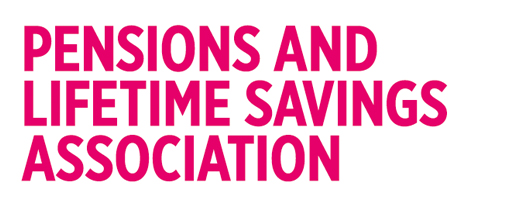Financial stability should be the key priority as defined contribution (DC) master trusts move to the next stage as the Pensions Regulator’s (TPR) supervision cycle begins, according to Aegon.
Aegon head of pensions, Kate Smith, said master trusts need to prove they are “financially sustainable and well-run” by showing the regulator “everything under the bonnet”.
She noted: “Some master trusts will be moving from strength to strength, while others may be falling behind. As master trusts and TPR gear up it’s important that open dialogue is a prerequisite with a deeper understanding that all master trusts are different, but financial sustainability should be the central priority in these uncertain times.”
All master trusts must submit a supervisory return to TPR within three months of their scheme year-end as part of supervision, with the process intended to ensure that the trusts are meeting the regulator’s standards.
Missing the deadline for supervisory returns is a breach of the law and can result in fines.
Smith continued: “The scale and influence of master trusts has continued to grow post authorisation despite interruptions caused by the pandemic. But authorisation was just the start as master trusts begin to move to the annual supervision stage which started in October.
“Trustees will have three months from their scheme year end after October 2020 to file their first supervisory return. These will allow TPR to check that master trusts continue to meet the high standards set out by the authorisation criteria, and intervene, if necessary.
“Most master trusts were authorised over a year ago, but what a difference a year makes with the pandemic, economic downturn and the government’s acceleration towards safer, bigger, better, greener pension schemes.”
Latest News
-
OBR analysis reveals potential impact of salary sacrifice changes
-
Strong funding levels continue as endgame landscape reshaped by innovation
-
Harwich Haven Authority Pension Fund finalises £45m buy-in with Royal London
-
GAD publishes LGPS gender pension gap reporting guidance
-
DB scheme funding levels continue to improve heading into 2026
-
News in brief - 6 February 2026
Private markets – a growing presence within UK DC
Laura Blows discusses the role of private market investment within DC schemes with Aviva Director of Investments, Maiyuresh Rajah
The DB pension landscape
Pensions Age speaks to BlackRock managing director and head of its DB relationship management team, Andrew Reid, about the DB pensions landscape
Podcast: From pension pot to flexible income for life

Podcast: Who matters most in pensions?

In the latest Pensions Age podcast, Francesca Fabrizi speaks to Capita Pension Solutions global practice leader & chief revenue officer, Stuart Heatley, about who matters most in pensions and how to best meet their needs
© 2019 Perspective Publishing Privacy & Cookies










Recent Stories